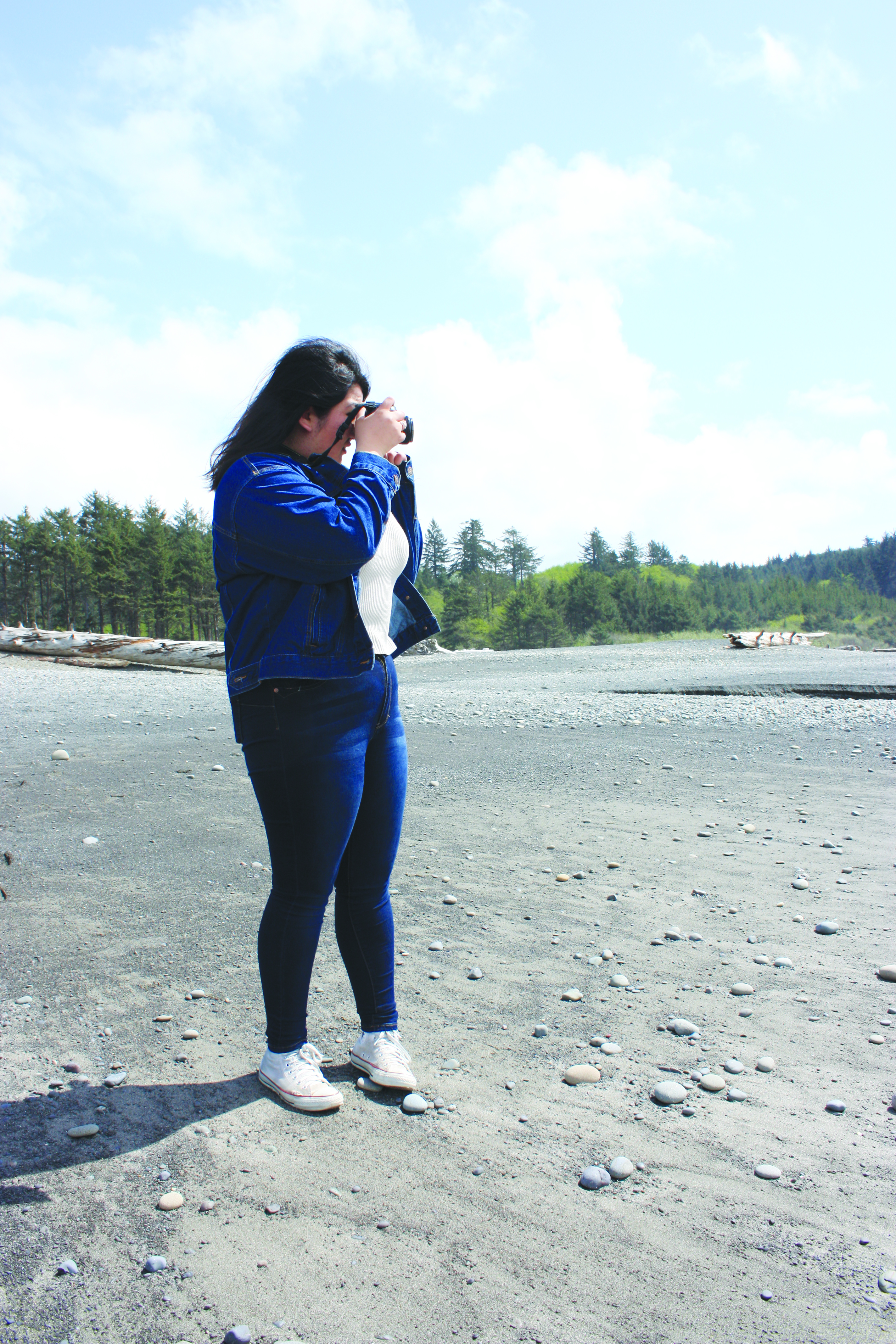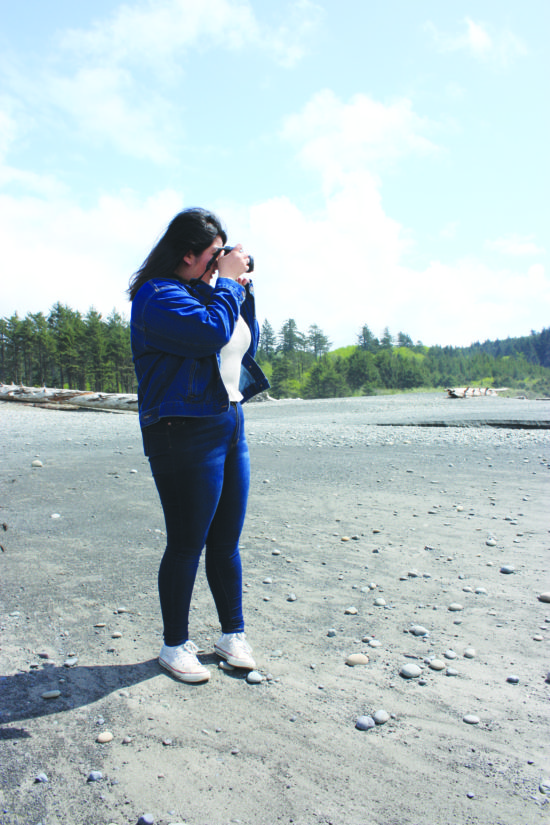
Viewpoint by Saki Kambe

On Apr. 20, twenty to thirty handguns got stolen from Fred’s Guns in Sequim, and it still is investigated. My first reaction after finding it out was, “I feel unsafe, but why are people so relaxed and acting fine under this circumstance?” There is nothing wrong in not freaking out because of the theft, but it was definitely astonishing and unusual to me.
The thing is that I come from Japan, where gun possession is a lot more stricter than here in the United States. In Japan, if people want to own a gun in Japan, they are required to listen to lectures, pass a written test, and accomplish at least 95% accuracy in a shooting-range test. They then have to pass a mental-health evaluation taken in a hospital and pass a so-called background check, in which the government digs into their criminal record. Interviews with friends and family will be used to determine also. Then they can only possess shotguns and air rifles, not handguns. Moreover, every three year, they have to retake sessions and initial exam.
Even business-wise, each prefecture, for instance in Tokyo, can only operate up to three gun shops. New magazines can only be purchased by trading with empty ones; and when gun owners die, their relatives must surrender the deceased member’s firearms.
In addition to this, following World War two, pacifism has been the all-time dominant philosophy among the citizens, and obviously, guns don’t come with pacifism.
Due to not many people possessing guns, the yearly gun death toll rarely totals more than ten while the population is about 127 million.
Because of this, growing up, I was relatively indifferent to guns. However, I have one experience that I believe has influenced how I feel about guns today.
When I was 11, there was a shooting less than half a mile from my elementary school. A man shot a guard of a security vehicle to rob some money. I remember my homeroom teacher was overtly feeling nervous not having been able to afford to teach us that day at all, and soon after the news came in, all the classes got canceled. I also recall some people from the neighborhood evacuating to the school districts so that they feel as safe as possible. Before this happened, I thought I knew that the gun will not do any good, but it was not until this day that I realized how fearful people actually are of them notably by how people react toward it. It’s merely a gun, but it’s an arm. And people actually react as if their life is in danger.
As I mentioned the gun death toll earlier, some random thoughts popped up in my head. In Japan, when hatred or anger reach to a point where violence does turn deadly, they generally involve fatal stabbings.
One time there was a homicide at an assisting living center that resulted in 19 people dying by being stabbed. What I find interesting from this is that we fear getting shot all the time, but we never actually fear getting stabbed; at least not to an extent as we fear shootings. It might be one of those things that people just feel that way not knowing why exactly they are feeling that way, or, maybe it is just that people are afraid of how the gun works. Unlike getting stabbed, people can be totally unaware because you can get shot from several feet away, and even if people sense that they are to get attacked, they cannot it can be too late by the time they sense, and more.
However, I for sure support how my country is restricting guns, even though it is hard to put it into words describing why. I believe that guns don’t play a part, even the slightest part, in civilian society. Then can this be applied to the United States? I think this is a complicated and profound question to ask. Why? Because once the sovereign state is used to gun possession, people would then start feeling insecure without possessing guns, and I doubt if the authority can keep track of who own the guns.
It would be interesting to see which direction the United States would bring the whole nation to under controversy.
